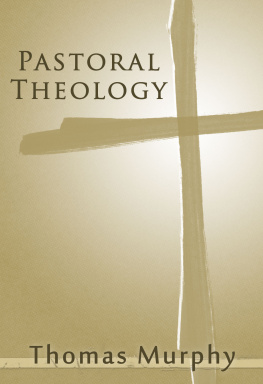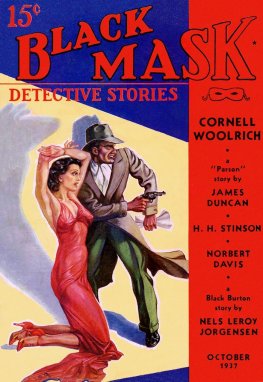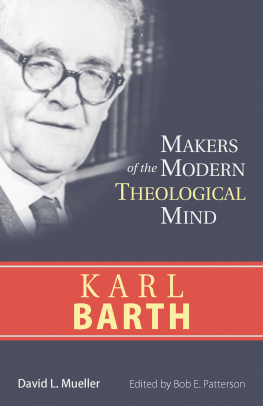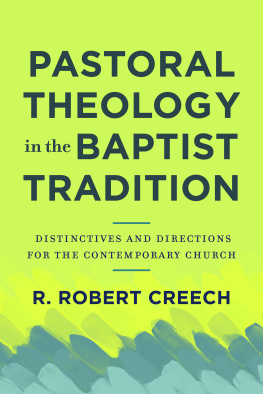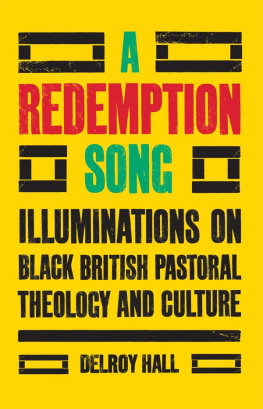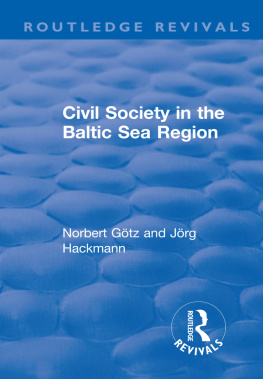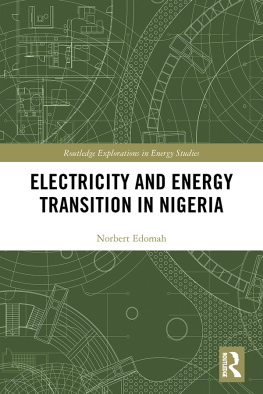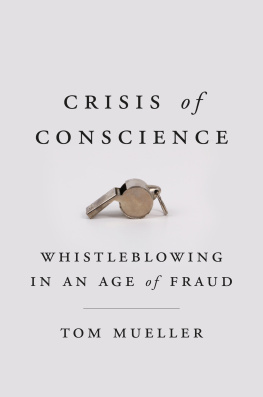Norbert H Mueller - Pastoral theology
Here you can read online Norbert H Mueller - Pastoral theology full text of the book (entire story) in english for free. Download pdf and epub, get meaning, cover and reviews about this ebook. City: St. Louis, MO, year: 1990, publisher: Concordia Pub. House, genre: Religion. Description of the work, (preface) as well as reviews are available. Best literature library LitArk.com created for fans of good reading and offers a wide selection of genres:
Romance novel
Science fiction
Adventure
Detective
Science
History
Home and family
Prose
Art
Politics
Computer
Non-fiction
Religion
Business
Children
Humor
Choose a favorite category and find really read worthwhile books. Enjoy immersion in the world of imagination, feel the emotions of the characters or learn something new for yourself, make an fascinating discovery.
- Book:Pastoral theology
- Author:
- Publisher:Concordia Pub. House
- Genre:
- Year:1990
- City:St. Louis, MO
- Rating:3 / 5
- Favourites:Add to favourites
- Your mark:
- 60
- 1
- 2
- 3
- 4
- 5
Pastoral theology: summary, description and annotation
We offer to read an annotation, description, summary or preface (depends on what the author of the book "Pastoral theology" wrote himself). If you haven't found the necessary information about the book — write in the comments, we will try to find it.
Pastoral theology — read online for free the complete book (whole text) full work
Below is the text of the book, divided by pages. System saving the place of the last page read, allows you to conveniently read the book "Pastoral theology" online for free, without having to search again every time where you left off. Put a bookmark, and you can go to the page where you finished reading at any time.
Font size:
Interval:
Bookmark:
Pastoral Theology
By Thomas Murphy
An additional book on the subject of Pastoral Theology is needed at the present time, because of the many changes which have of late occurred in the modes of carrying on the work of the Church, because of the great enlargement of that work, and because new and important branches of the subject have been developed within a comparatively few years. The field of ministerial operations has become wider, fuller of instrumentalities and more intensely active. The work of the Sabbath-school, the great schemes of benevolence which are in operation for building up the kingdom of Christ, and the various new agencies which are being matured for the extension of the blessings of the gospel, may be taken as samples of pastoral duties which could not have much place in older books on this subject, because they were scarcely in existence when such books were written. It is mainly with a view to meeting this want that the present work is undertaken.
It is becoming that I should state the chief reasons which may justify me in attempting a task which is so responsible and difficult. My own experience as pastor for more than a quarter of a century of a large and growing church has brought me into personal and frequently repeated and anxious contact with nearly every practical question that can ordinarily arise in the ministerial work; and my church and presbytery, being composed of families of both city and country, have afforded peculiar facilities for becoming acquainted with the duties of the pastor in their full variety. Then during all these years the subject of Pastoral Theology has been a favorite study, on which I have endeavored to learn, not only from my own observation and experiment, but also from conference with many successful pastors, and from a treasury of scraps of recorded wisdom concerning the sacred office which I have long been accumulating and arranging for my own private use. There is one exceedingly valuable fountain of instruction pertaining to the subject from which I have been able to draw abundantly. "When preparing for the ministry I enjoyed the very great privilege of listening to lectures and familiar conversations on the character, duties and responsibilities of the pastoral office by the Rev. Dr. Archibald Alexander, who from his pre-eminent Christian wisdom, learning and experience was able to give such counsel on the subject as was of the highest importance. These lectures, unfortunately, were not written out so fully by the venerable author that they could afterward be published. Had they been, they would have proved to be amongst the most valuable of all the contributions made by that great and good man to the literature of the Church. While listening to these lectures 1 took very copious notes, which I have preserved as a sacred treasure, and by them have now been enabled to enrich these pages, sometimes using formal quotations, but more generally introducing their spirit and substance, and applying them either to correct or verify observations of my own. Advised by friends whose opinions I could not disregard, and justified, as I supposed, by such considerations as these, I set about this work, which has been one of great labor, but also of great pleasure.
My object from first to last has been a very simple one. I have not attempted to discuss questions of doctrine or order, or merely to theorize about subjects of any kind; but my single aim has been to present the duties of the pastor with as much fullness as possible, and to furnish such suggestions as might help toward their most successful performance. I have dwelt only on those things which are peculiar to the pastoral office, and which the young minister especially, though not exclusively, might need as aids in undertaking his great spiritual work. I have endeavored to present whatever experience teaches to be valuable as guides to success or incentives to earnestness in a work which pertains to the most momentous of mortal interests.
In carrying out this undertaking, in which I am sadly conscious of having come far short of my own ideal of what it should be, I have consulted everything on the subject of Pastoral Theology that was within my reach, but have also relied very largely upon my own observation and experience as compared and corrected by the teaching of others. I have endeavored to learn from my own many failures, shortcomings, mistakes and omissions in the pastoral work, which I have had no difficulty in working up into lessons that might be profitable to others. As the teachings of Pastoral Theology must necessarily be made up to an important extent from the experience of many workers in the ministerial field, I have quoted largely from the writings of eminently useful and devoted ministers, living or deceased, in order that their names might add the more weight to principles which their lives have helped to define. I have endeavored to touch upon all points of duty which are likely to come up before the pastor in ordinary circumstances. Upon those which are of most importance I have dwelt more fully; to others but brief attention has been given. I have not intentionally shrunk from taking up any subject which my own experience has taught me the pastor is likely to need or to find of much importance.
Though I am a Presbyterian, and have necessarily looked upon every question treated from the standpoint of that system, yet it is believed that nearly every duty indicated or counsel given is just as applicable to pastors of other denominations. Some nomenclature had to be used; but, with that exception, the subject as it lay before me demanded scarcely anything but what was common to the duties of the ministry of all communions.
In the treatment of some of the more important subjects a considerable number of rules or counsels are given, not with the expectation that all of them should be put in practice by each pastor, but with the hope that, while some of them may be adopted, they may all be suggestive and lead to something useful. Amongst the various plans which are indicated for the management of such important subjects as "conducting prayer-meetings," "the care of young converts," and "making collections for benevolent objects," each minister can select such as are suitable to his own judgment and opportunities, or he can experiment upon them all, or he can adopt as many of them as are practicable. Sometimes I have simply endeavored to open the subject of some practical questions, so that each pastor may study it for himself in both its aspects, and then determine which to adopt, or modify it as he chooses, or correct extreme views, or decide upon some middle line of opinion or action as he may judge best. Among such subjects, the sections on "Hindrances and Helps to Pastoral Piety," "Written or Extemporaneous Preaching," and Management of Voluntary Associations" may be named.
If my work, which is now finished, shall be so blessed by the kind providence of the Great Head of the Church as to find its way into the hands of a goodly number of those who are already in the gospel ministry or who are expecting soon to enter that sacred office; if it shall help them to a riper preparation for the pastoral work; if it shall cheer them ever so little under their many discouragements and help them to solve some of their many difficulties; if it shall assist in making their toils more easy and pleasant; if it shall aid in giving greater efficacy to the efforts which they may put forth in the cause of human redemption; especially if it shall contribute anything through them to the promotion of the glory of Christ our King,if it shall accomplish these objects, even in the smallest degree, then there will be more than a recompense for the years of labor and of prayer which have been devoted to its pages.
THOMAS MURPHY
Philadelphia
Next pageFont size:
Interval:
Bookmark:
Similar books «Pastoral theology»
Look at similar books to Pastoral theology. We have selected literature similar in name and meaning in the hope of providing readers with more options to find new, interesting, not yet read works.
Discussion, reviews of the book Pastoral theology and just readers' own opinions. Leave your comments, write what you think about the work, its meaning or the main characters. Specify what exactly you liked and what you didn't like, and why you think so.

